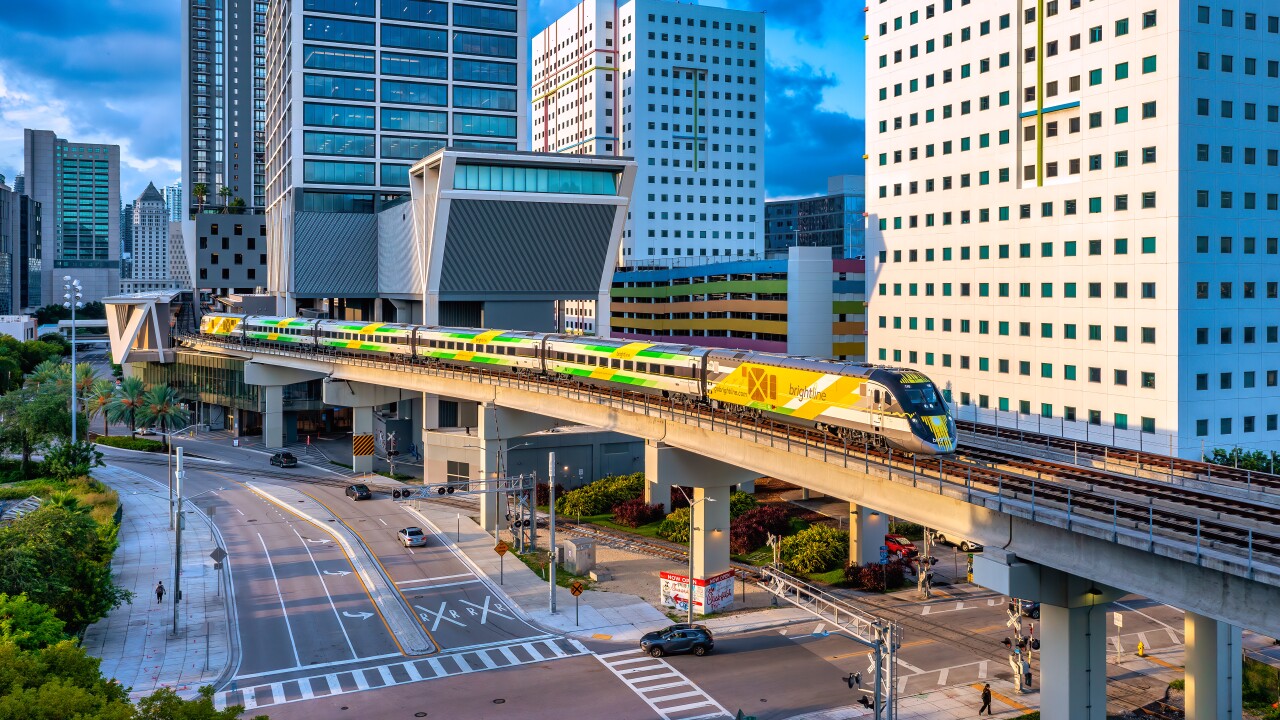
LOS ANGELES — California lawmakers approved a $122.5 billion budget that closely followed Gov. Jerry Brown's May blueprint, but also failed to tackle the issue of the state's crumbling roads and highways.
The spending plan also includes funding for universities if they admit more California residents and sets aside $400 million for low-income housing, but only if legislators can agree on a proposal that would allow by-right development in some areas.
The governor, a Democrat, negotiated the agreement with Assembly Speaker Anthony Rendon, D-Paramount, and Senate President Pro Tem Kevin de Leon, D-Los Angeles.
Brown, who is expected to sign it into law,
De Leon called the budget "fiscally-sound" and "focused on today and tomorrow," in a release.
"It makes key investments to fight poverty and homelessness, bolsters education from pre-school to college, and targets critical funding for health care and public safety while setting aside significant savings to hedge against harder times," De Leon said.
Legislators approved the governor's proposal to put $2 billion more than required into the state's rainy day fund, which can only be accessed during times of economic distress.
The legislature "has approved an on-time, balanced budget that makes targeted reinvestments in our social safety net, increases education funding and sets aside a solid reserve for any future economic uncertainties," Leno said.
Republican Sen. John Moorlach, considered a budget hawk, was not quite so sanguine about the budget agreement, particularly about lawmakers failure to reach an agreement on transportation funding.
"The Legislature voted to enact another record-setting budget. Unfortunately, transportation priorities are being neglected in favor of high-speed rail," Moorlach said. "Consequently, California residents will be asked to chip in more as vehicle registration and cell phone fees are increased."
He also said the budget does not position the state for forecasted cost increases in salaries and pension contributions.
"Sacramento's willingness to increase California's unfunded liabilities at the detriment of future generations has to be halted," Moorlach said. "With an Unrestricted Net Deficit of $170 billion, California must stop mortgaging its future and prepare for the next economic recession by paying down debt and putting even more money away in the rainy day fund."
The budget would raise vehicle registration fees from $70 to $80 a year. The move will generate about $400 million annually for the Department of Motor Vehicles, California Highway Patrol, Air Resources Board and other departments.
The higher fee will apply to vehicles scheduled to be renewed starting next April. Registration fees were last raised in 2011, according to the Department of Finance.





